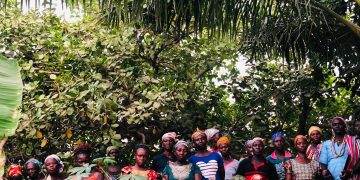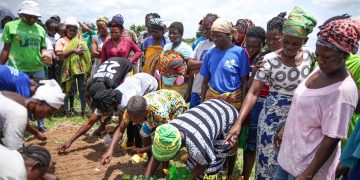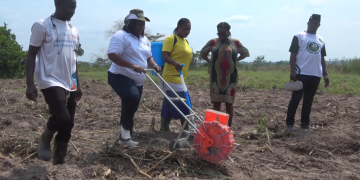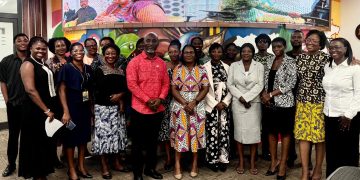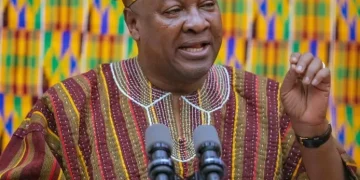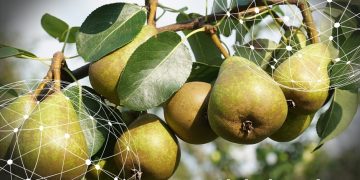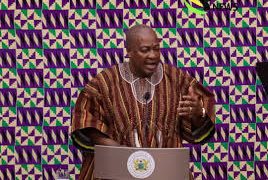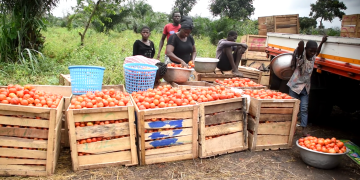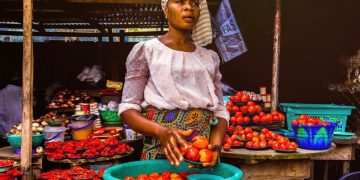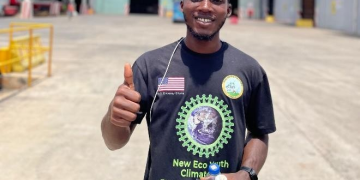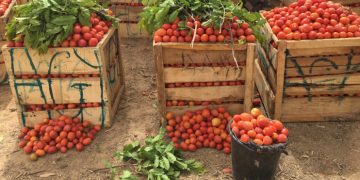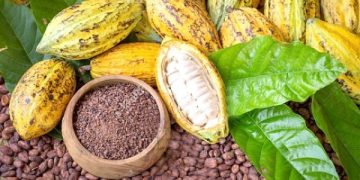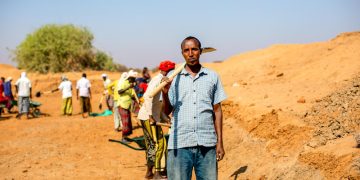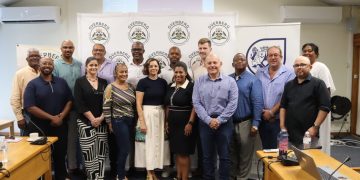Mr. Elliot Mensah, Director of Programs for the World Food Forum (WFF) Ghana Chapter, has called on Ghana’s youth to take an active role in restoring forests and rebuilding ecosystems, emphasizing that their energy and creativity are vital to combating climate change and environmental degradation.
Speaking to AgriwatchGH News, the Director for Programs for WFF Ghana Chapter, said the country’s young people must see themselves not merely as beneficiaries of environmental action, but as key drivers of change.
“The youth are energy-driven. If we channel that energy into forestry, restoration, and green innovation, they can transform our environment and create opportunities for themselves,” he said.
He described Ghana’s forests as “a living legacy” that must be safeguarded for future generations, stressing that youth participation in forestry is not optional, but essential for the nation’s sustainable development.
“Empowering young people through forestry is a pathway to a cleaner environment and a better future,” he added.
He explained that supporting the youth to pursue careers in forestry could help mitigate climate change, restore degraded landscapes, and enhance vital ecosystem services that communities rely on for survival.
He noted that Ghana’s green sector offers vast untapped opportunities for employment and innovation from forest restoration and agroforestry to eco-enterprises and carbon markets.
Highlighting emerging prospects in the carbon credit market, he said youth-led environmental initiatives could benefit financially from global climate finance mechanisms, while also contributing to national sustainability goals.
“If we introduce restoration platforms and create access to green jobs, we reduce the temptation for young people to turn to illegal mining,” Mr. Mensah observed.
He urged government and development partners to make funding and land access easier for young people engaged in forestry and climate-related projects, recommending grants, soft loans, and simplified land acquisition processes to support reforestation and green enterprise efforts.
Mr. Mensah further linked forestry directly to Ghana’s food and water systems, emphasizing that forests play a central role in food security, soil fertility, and water regulation.
He highlighted WFF Ghana’s promotion of the Modified Taungya System, which allows young farmers to grow trees and crops together on degraded lands an approach that restores ecosystems while supporting livelihoods.
“This model improves soil health, water availability, and climate resilience, while addressing hunger and land degradation,” he explained. “It shows that forestry and agriculture can work hand in hand to secure both people’s food and the planet’s future.”
Mr. Mensah concluded by urging Ghana’s youth to view forestry as a promising and purposeful career path one that combines economic opportunity, environmental protection, and national development.

